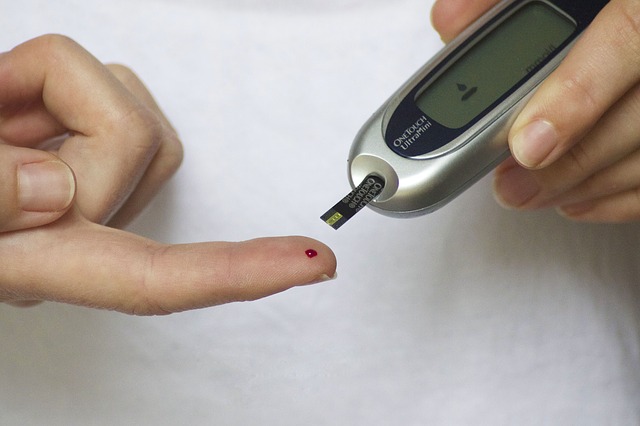Tests for Diabetes

Why are they important?
With knowledge comes better control. Regular blood sugar testing is an important part of living with Diabetes.
There are many things that can have an impact on your blood sugar levels such as your emotions or medications. Regular tests at the frequency recommended by your doctor could help you stay on the top of your condition and manage it more effectively.
Further, if you are living with Insulin-dependent Diabetes, chances are your Insulin dosage will depend on your glucose levels on that particular day.
Fasting Sugar Test
Fasting blood sugar test is one of the simplest and most cost-effective tests to predict your blood glucose levels.
Fasting blood sugar level that is less than 100 mg/dL (5.6 mmol/L) is normal.
Fasting blood sugar level from 100 to 125 mg/dL (5.6 to 6.9 mmol/L) is considered Prediabetes.
If it is 126 mg/dL (7 mmol/L) or higher on two separate tests, then chances are high that you have diabetes.
Random Glucose Test
Random Plasma Glucose test is another important test for diagnosing Diabetes. During this test, blood sugar is tested irrespective of the time of the last meal; nor is there any need to abstain from eating prior to the test.
Blood glucose level greater than 200 mg/dL on this test may indicate Diabetes, especially if the test is repeated at a later time and shows similar results.
HbA1c
Studies suggest that HbA1c is one of the best methods to monitor Diabetes. HbA1c tells the average percentage of blood glucose level of a person in the last 70- 90 days. It is commonly suggested by doctors to maintain less than 7% to achieve good control in diabetes management. However please consult your doctor as the average percentage varies depending on the age of the person.
However, HbA1c is not really viable for diagnosing Diabetes in pregnant women as well as in cases where other blood disorders are involved such as Sickle Cell Anaemia.
Oral Glucose Intolerance
Oral Glucose Tolerance test is yet another method used to detect Diabetes. It is useful in diagnosing Diabetes in difference situations such as:
Urine test
Urine test is undertaken to evaluate the glucose levels in the body as well as to look for the presence of proteins that may indicate kidney disorders. In urine the Ketones are also detected, Ketones are metabolic product when fat is metabolised. Ketones increase when there is insufficient secretion of Insulin from the pancreas. Urine tests are undertaken along with blood tests such as fasting sugar, because urine tests alone can be unreliable.
To read more on Diabetes, click on the link below.


